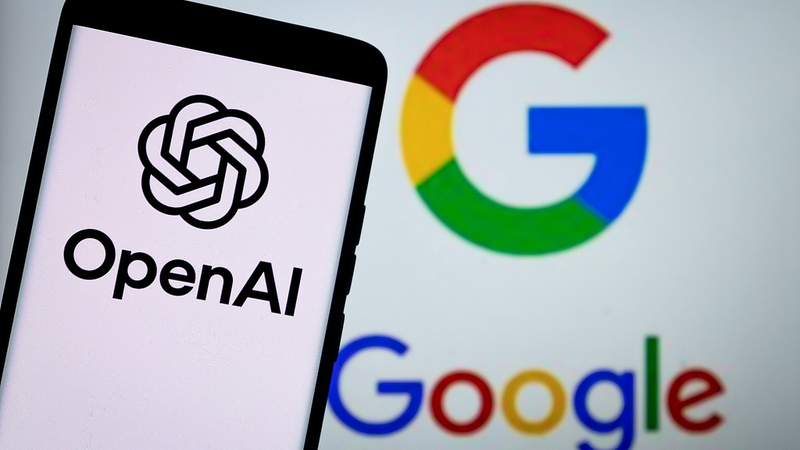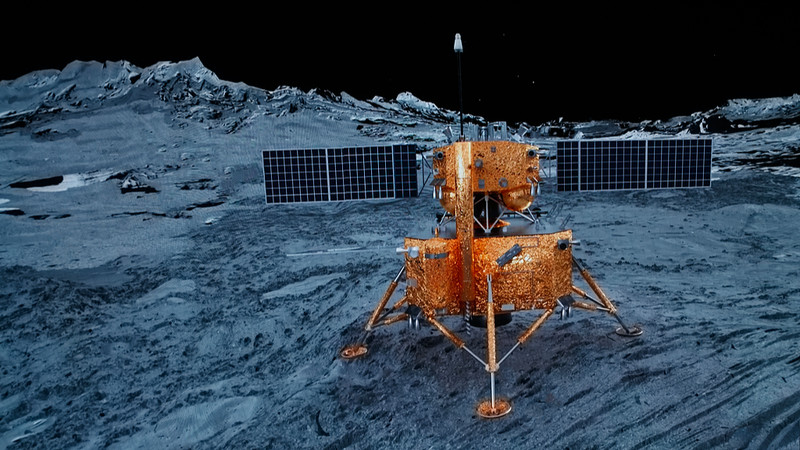ChatGPT Meets the Browser
OpenAI on Tuesday unveiled ChatGPT Atlas, an AI-powered web browser that embeds its popular chatbot across any site. This move challenges Google Chrome’s longstanding lead and signals a shift toward conversational search.
Power Features for Every User
Atlas introduces a floating ChatGPT sidebar that can summarize content, compare products, and analyze tables in real time. For paid subscribers, Agent Mode takes automation a step further: ChatGPT can navigate sites end to end – researching, shopping, and completing forms on your behalf.
Demo in Action
In a live demo, developers showcased Agent Mode tracking down a recipe online, then hopping over to Instacart to fill a grocery cart – all within minutes. It’s a glimpse at how AI could streamline tasks for travelers planning trips, students researching projects, and entrepreneurs scouting market insights.
Hot Competition in AI Browsers
Atlas joins Perplexity’s Comet, Brave Browser, and Opera’s Neon in a growing lineup of AI-native browsers. With OpenAI leveraging its 800 million weekly active ChatGPT base, the battle for AI-powered search dominance is heating up.
What’s at Stake
Google Chrome still commands 71.9% of the global browser market, according to StatCounter. But analysts warn that AI integration could redirect ad budgets. Once OpenAI starts selling ads, it could capture significant search ad spend from Google, says analyst Gil Luria of D.A. Davidson.
The Road Ahead
Atlas is live on macOS today, with Windows, iOS, and Android versions on the horizon. As AI reshapes search and browsing, this launch underscores the next wave of internet innovation – and a new chapter in the AI arms race.
Reference(s):
OpenAI unveils AI search browser Atlas in challenge to Google
cgtn.com




